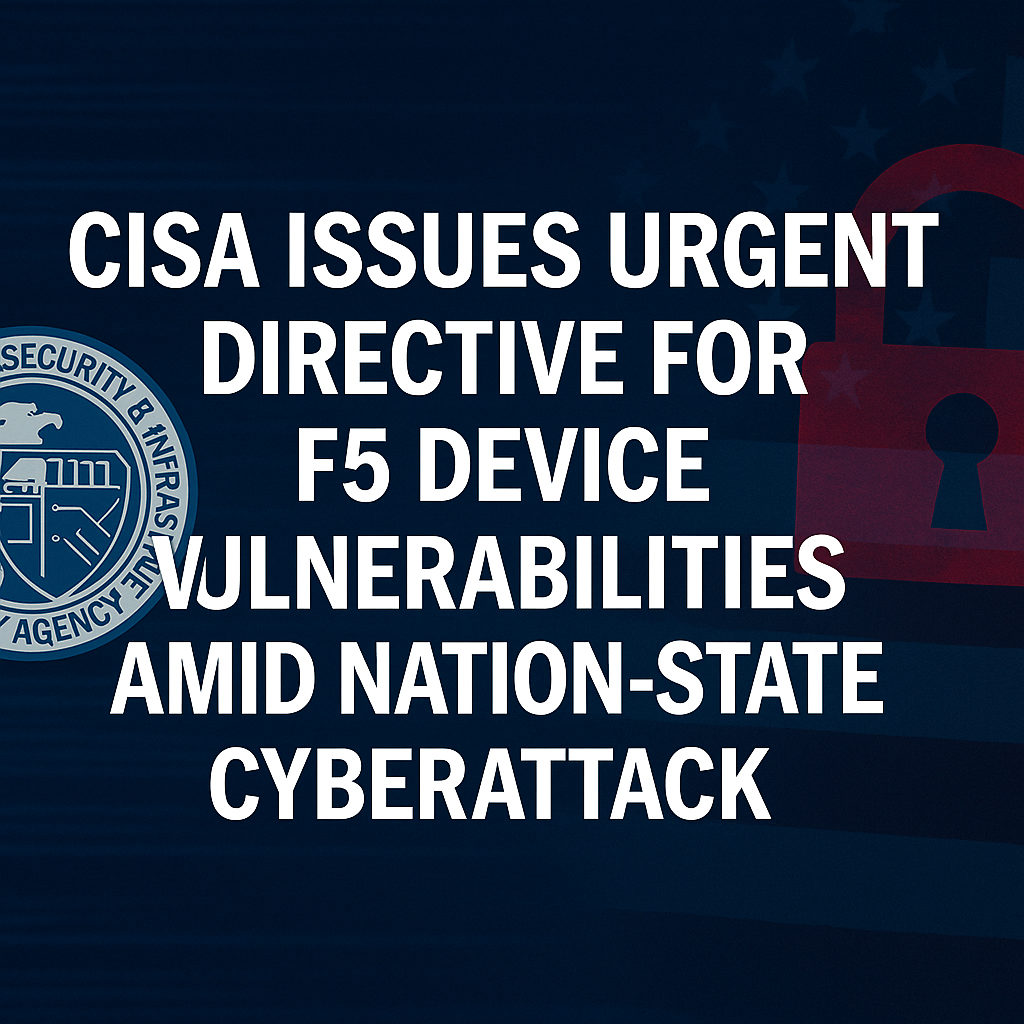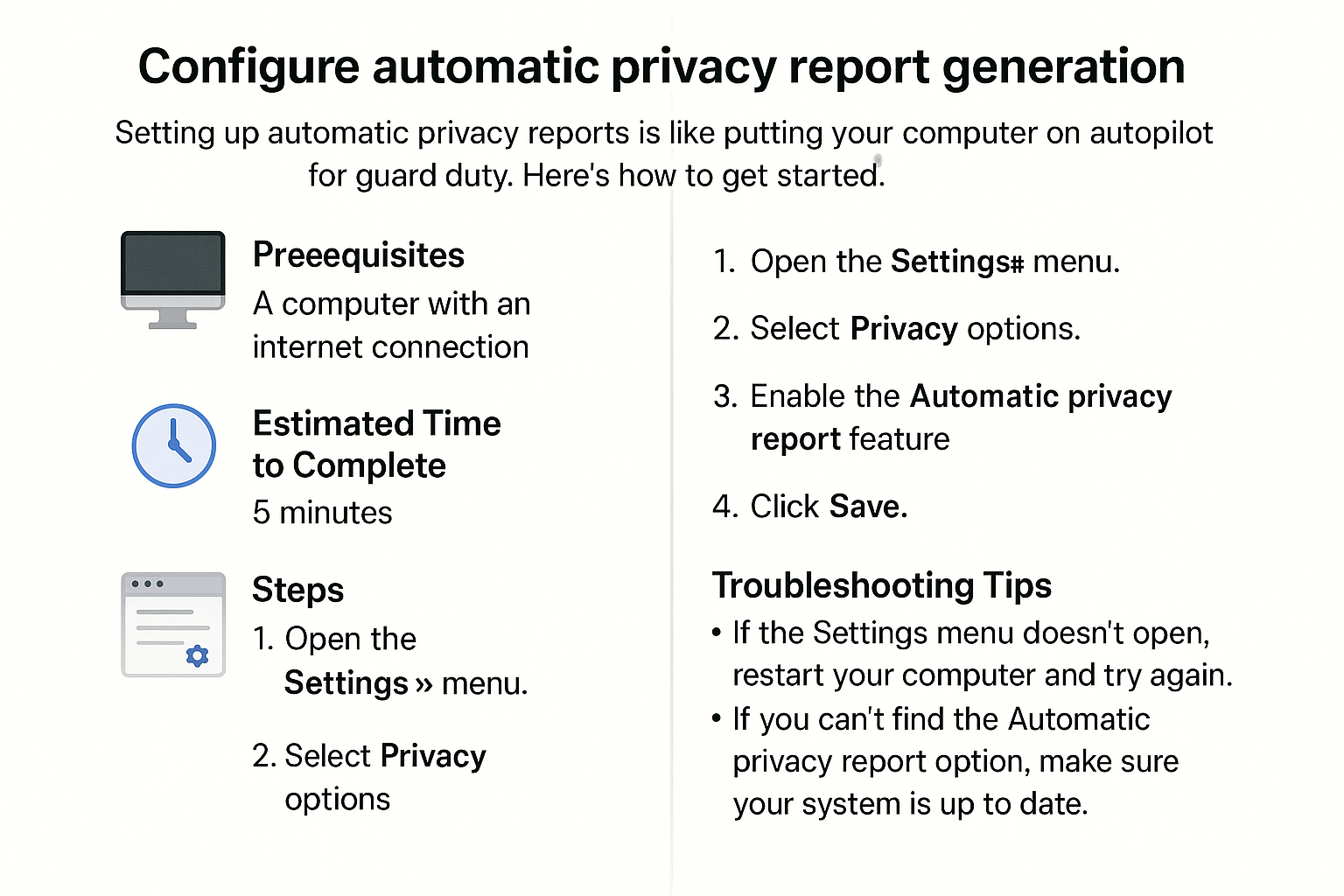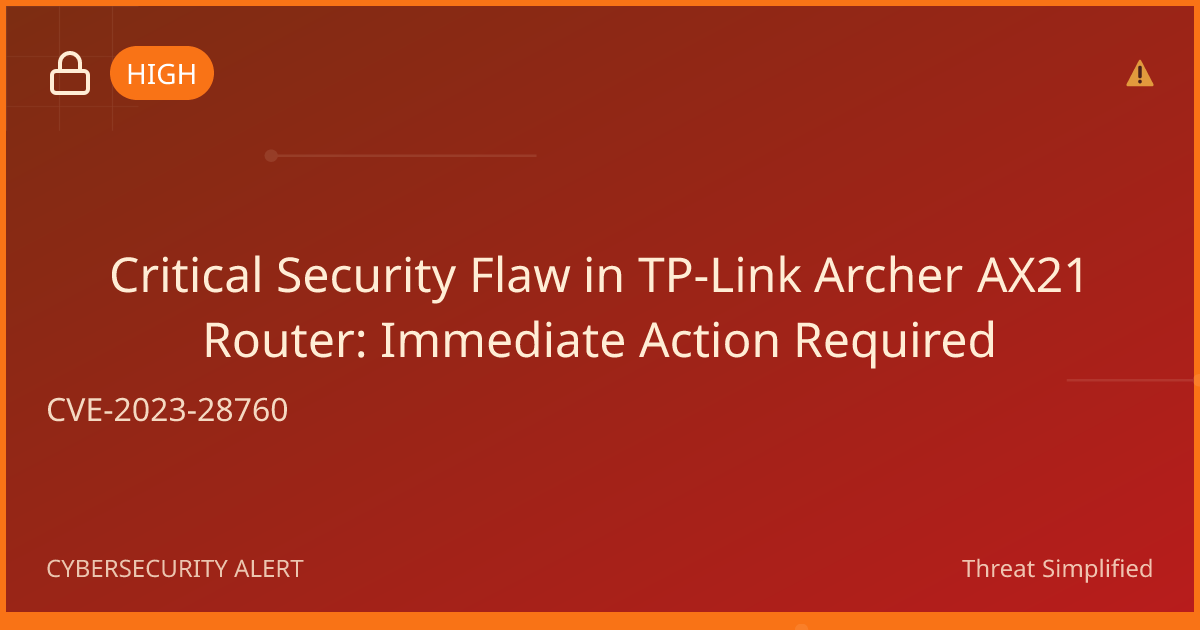Alert Widespread Supply Chain Compromise Impacting npm Ecosystem
Opening Context
Recently, the Cybersecurity and Infrastructure Security Agency (CISA) issued an alarming advisory about a widespread security incident threatening the npm ecosystem. npm (Node Package Manager) is the largest software registry for JavaScript packages, used by millions of developers around the globe. The breach has been attributed to a self-replicating worm known as “Shai-Hulud,” which has compromised over 500 packages, potentially impacting thousands of users and businesses that rely on the npm registry for their software development needs.
Timeline / Background
The incident came to light when security researchers identified the Shai-Hulud worm, which began spreading within the npm ecosystem. This worm captured sensitive information such as GitHub Personal Access Tokens (PATs) and application programming interface (API) keys for major cloud service providers like Amazon Web Services (AWS), Google Cloud Platform (GCP), and Microsoft Azure. Initial reports suggest that the worm first gained access to the npm ecosystem on September 15, 2025. In the days that followed, it rapidly spread by injecting malicious code into other packages within the registry, turning a local vulnerability into a widespread threat.
Technical Details (in plain English)
When the Shai-Hulud worm infiltrates a user's system, it utilizes malware to conduct reconnaissance. This involves scanning the environment for sensitive data such as cloud service credentials and GitHub tokens. Once it collects this information, it sends the data back to an endpoint controlled by the malicious actor.
The click of a button can take hackers' control of an account, allowing them to upload the stolen credentials to a public repository. They then use an automated process to leverage the npm registry as if they were the legitimate developer, injecting compromised code into other packages. This kind of attack demonstrates a terrifying new method of extending the reach of a single breach into a much larger pool of targets.
Broader Context
This incident is part of a growing trend of software supply chain attacks, which have increased in frequency and severity over recent years. Events like the SolarWinds hack and the exploitation of vulnerabilities in popular software libraries have highlighted how interconnected and vulnerable modern software ecosystems can be. By attacking a common dependency, malicious actors can compromise the systems of numerous businesses and individuals, as seen in the most recent npm breach.
Expert/Agency Input
In response to this incident, CISA has issued a series of recommendations for organizations to follow. They emphasize the importance of conducting a thorough review of all npm-related software dependencies and monitoring for any abnormal network behavior. According to CISA, organizations should also rotate all developer credentials and improve security by implementing phishing-resistant multifactor authentication (MFA) for sensitive accounts. Moreover, CISA recommends a comprehensive review of security practices, emphasizing a proactive approach to defending against future threats.
Impact
This security breach serves as a stark reminder that even the most trusted tools can be vulnerable to exploitation. For developers, businesses, and governments relying on npm packages, the implications can be severe, ranging from unauthorized access to repositories and intellectual property to the potential for significant operational disruption. Users may face challenges such as compromised applications or sensitive data exposure, underscoring the broader risk to trust in the software development ecosystem.
What Readers Can Do
There are several important steps that all users and organizations should take to mitigate risks following the npm breach:
- Conduct a dependency review: Check all software leveraging the npm ecosystem, identifying affected packages through files like
package-lock.jsonoryarn.lock. - Monitor for anomalies: Keep an eye on network behavior for any irregularities that could signal a breach, and check firewall logs for connections to suspicious domains.
- Mandatory multifactor authentication: Ensure all crucial developer accounts—such as GitHub and npm—employ phishing-resistant MFA.
- Rotate credentials: Immediately change all developer credentials, especially after detecting any signs of compromise.
- Secure your repositories: Remove unnecessary GitHub Apps and OAuth applications, audit repository webhooks, and leverage security features like branch protection rules and GitHub Secret Scanning.
Closing
The Shai-Hulud worm boasts the potential to compromise vast swathes of the software ecosystem, reiterating the importance of vigilance in cybersecurity. As threats evolve, so must our defenses. The npm breach is a prime example of why organizations need to prioritize security in every aspect of their software development processes. Taking proactive steps to secure environments and practicing good cybersecurity hygiene is crucial to safeguarding against future attacks.
References
- Ashish Kurmi, “Shai-Hulud: Self Replicating Worm Compromises 500+ NPM Packages,” StepSecurity, (September 15, 2025).
- Palo Alto Networks Unit 42, “‘Shai-Hulud’ Worm Compromises npm Ecosystem in Supply Chain Attack (Updated September 19),” Unit 42, Palo Alto Networks, (September 17, 2025).
- Socket, “Updated and Ongoing Supply Chain Attack Targets CrowdStrike npm Packages,” Socket, (September 16, 2025).
- CISA Alert









